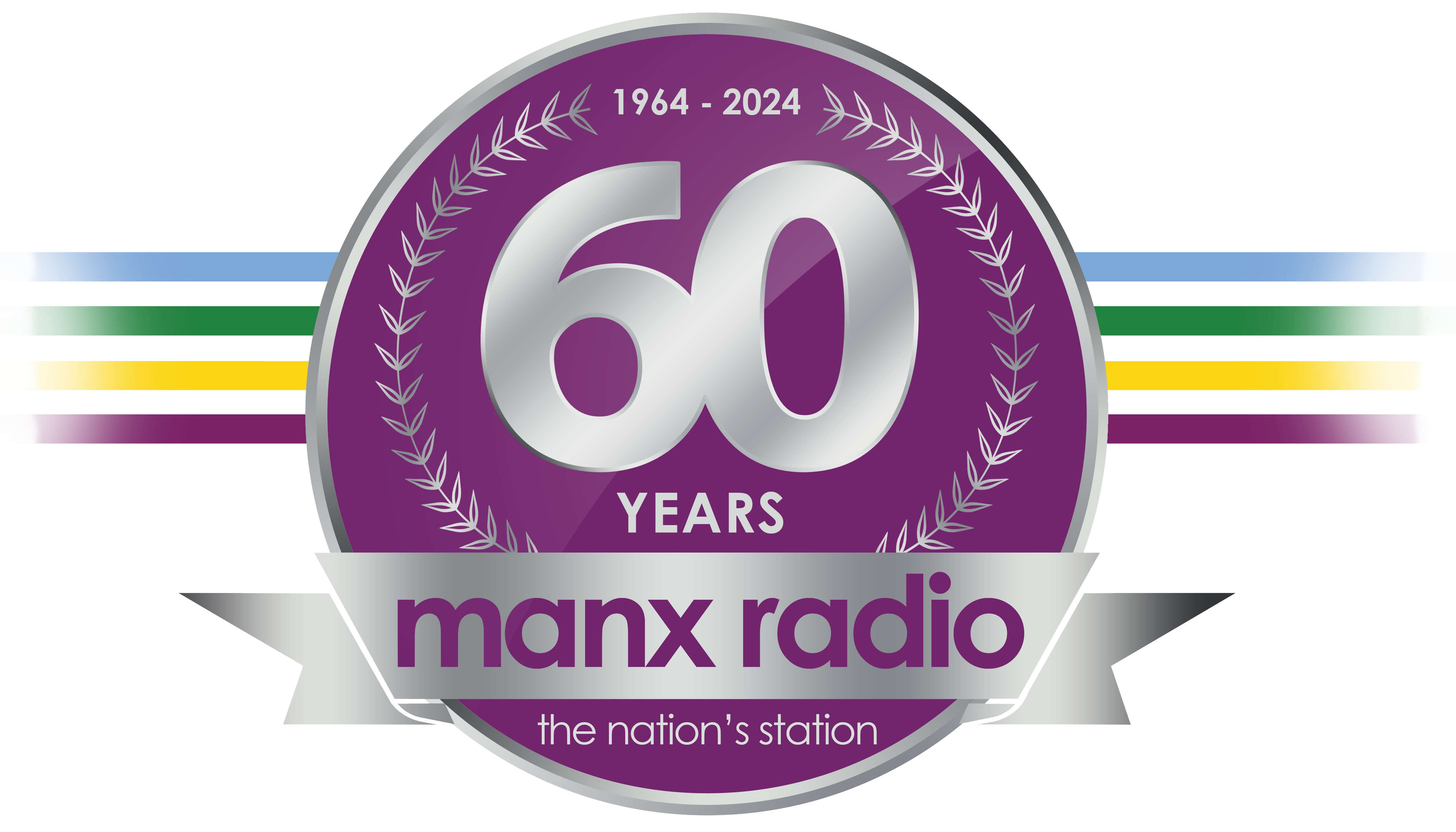
Producing a balanced budget without the need to dip into reserves will draw a collective sigh of relief as the government's key fiscal objective is achieved.
In 2015-2016 the housekeeping is tidy again. What is spent from the public purse will be funded through direct and indirect taxation.
Next year's departmental spending total has been set at £545.2m against estimated receipts for 2015-2016 of £547m.
The backdrop has positive aspects: the economy is expected to grow by between 3.5 - 4% in year ahead, inflation is currently down and January unemployment at its lowest level for four years.
However, falling excise duties and lower interest rates have hit revenue and the value of reserves.
The Treasury minister has warned a fresh challenge lies ahead.
Replenishing reserves
Phase 2 of a wider rebalancing exercise will focus on restocking plundered government investments and internal funds.
A fiscal strategy to achieve this will be brought to Tynwald later this year.
Just under £90m has been drawn from external reserves over three successive budgets, to bridge the deficit in public finances created by two sharp reductions in the Island's VAT revenue share.
Four years ago, drawn-down from the 'rainy day' fund was expected to total £92m. So the strategy has concluded with margin to spare - in Mr Teare's words 'the heavy lifting is done'.
But government is not yet in a position to replenish reserves. Interest amounting to £6.8m will continue to be used to support the general revenue account - day-to-day spending.
Steps towards restocking the pot include placing insurance costs within departmental budgets - a bill currently met from reserves.
Loan interest of 1% will be charged to departments to replenish the capital fund.
A new central contingency fund of £8.2m is also planned, to lessen the impact of unexpected and unfunded demands for extra cash
It will buffer departmental budgets from the impact of factors ranging from inflation to flooding and storm damage.
Painful process
Several years of belt-tightening has proved painful, as a range of public services have been cut back, an array of extra charges introduced and for many in both the public and private sectors, pay freezes have eroded the value of incomes.
The exercise was always going to be hurt - as the stark figures show.
In the halcyon days before the VAT swipes, an upward spending curve six years ago predicted an additional £200m would be dispensed between then and now.
The claw back has been achieved in the face of public and political resistance, albeit with a number of concessions along the way.
Mr Teare insists he has not taken a 'slash and burn' approach, but concedes government has probably gone as far as it can increasing charges.
When people look for ways to avoid them, the law of diminishing returns kicks in - and Mr Teare believes that tipping point has been reached.


 Chamber of Commerce calls on gov to address immigration challenges
Chamber of Commerce calls on gov to address immigration challenges
 Businesses 'need two freight sailings per day'
Businesses 'need two freight sailings per day'
 Manx law firm offers support to Michael Dunlop
Manx law firm offers support to Michael Dunlop
 Steam Packet reports strong Q1 passenger figures
Steam Packet reports strong Q1 passenger figures
 Surge in first time buyers enquiring about mortgages
Surge in first time buyers enquiring about mortgages
 New financial scam targets local investors
New financial scam targets local investors
